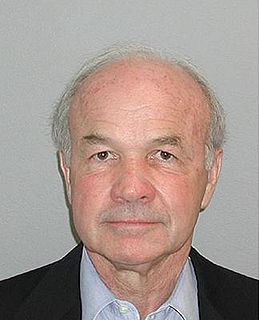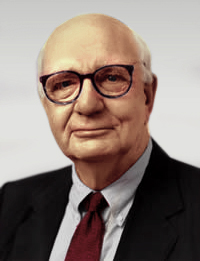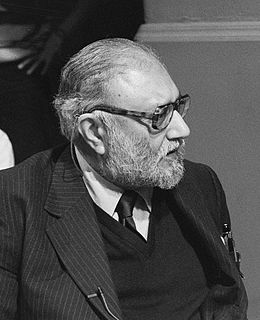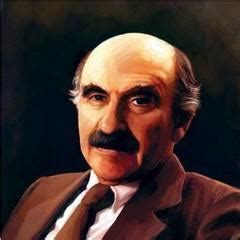A Quote by Daniel Yergin
Cycles of shortage and surplus characterize the entire history of oil.
Related Quotes
History was a trash bag of random coincidences torn open in a wind. Surely, Watt with his steam engine, Faraday with his electric motor, and Edison with his incandescent light bulb did not have it as their goal to contribute to a fuel shortage some day that would place their countries at the mercy of Arab oil.
There has been evidence throughout history of cycles when the earth gets warmer and cycles when the earth gets colder. We should always be wise stewards of the earth and all of our natural resources. But as a policymaker, I won't be guided by the global warming propaganda machine. Al Gore - we need you to return your Nobel Peace Prize!
The oil industry is a stunning example of how science, technology, and mass production can divert an entire group of companies from their main task. ... No oil company gets as excited about the customers in its own backyard as about the oil in the Sahara Desert. ... But the truth is, it seems to me, that the industry begins with the needs of the customer for its products. From that primal position its definition moves steadily back stream to areas of progressively lesser importance until it finally comes to rest at the search for oil.



































